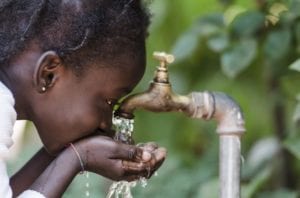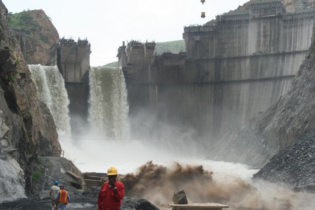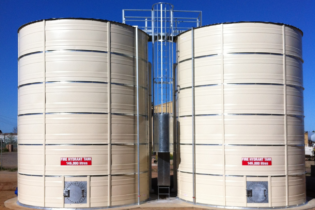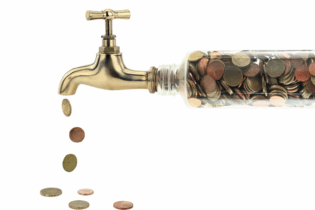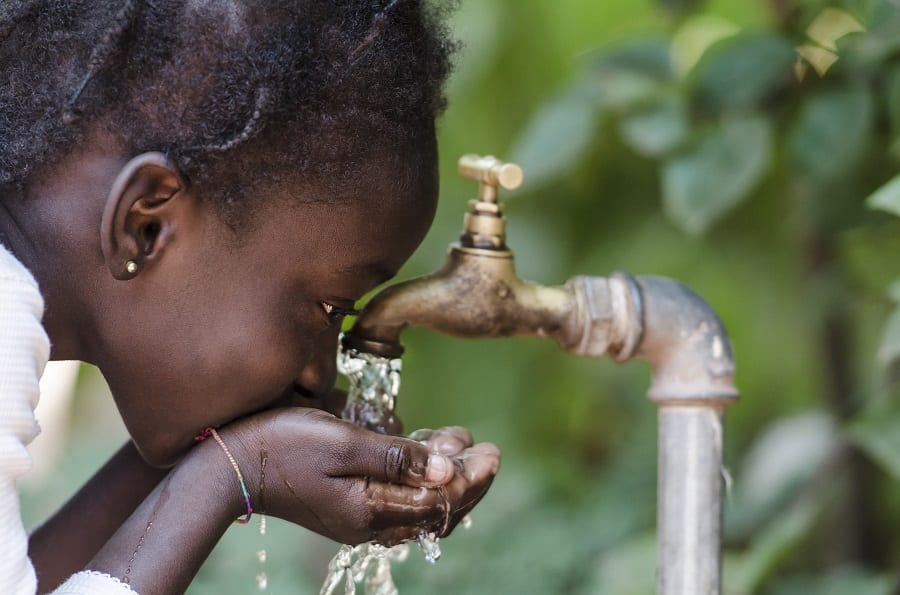
Delivering water and sanitation to South Africa’s unserved communities will be a priority for the department of water and sanitation, the department’s minister Nomvula Mokonyane told Parliament on Friday.
Mokonyane delivered her budget address in Cape Town, during which she highlighted important priorities for her department. This included greater water security for all South Africans.
She said the 2017 budget vote was about “serving the unserved, creating new industries in the water sector, promoting the participation of women, youth and Blacks within the sector and providing water and sanitation services as catalyst to economic development and growth opportunities in our country”.
The department has a R15.1b budget for the 2017/18 financial year. Mokonyane said these funds will be used to ensure water security through building, maintaining and refurbishing the water and sanitation infrastructure.
“Water storage for the present and the future remains critical for creating certainty for economic and social development of our country,” she said. “This then calls on us to build more infrastructure that will address unemployment, inequality and poverty.”
2017 infrastructure projects
Some of the main infrastructure projects for this financial year include Mzimvubu Water Scheme, Phase II of the Lesotho Highlands Water Project and the Vaal Gamagara water project.
The department said that in order to increase water supply, the following are some of the augmentation schemes that will be undertaken:
- Raising of the Clanwilliam Dam wall
- Raising of Tzaneen Dam wall
- Lower Thukela Regional Bulk Water Scheme
Sanitation
During her address, Mokonyane said 52,300 bucket toilet systems in formal settlements are to be eradicated. She added that 26,900 buckets have already been eradicated and of the remaining 25,400 buckets that are to be removed, 14,000 removals are in progress.
“The restoration of the dignity of our people is a commitment by this government,” she said. “We can now confirm that the following provinces no longer have buckets in the formal areas, namely Mpumalanga, Gauteng, KwaZulu-Natal, Limpopo and the Northern Cape.”
Fighting water pollution
Mokonyane also called on South Africans to help fight the pollution of water sources. Key to water resources management is the protection of rivers from pollution and monitoring the status of the country’s water quality.
“Pollution by sewage is a big problem in our catchments countrywide,” she said. “Enforcement of by-laws and compliance will be strengthened and the department will also increase the capacity to ensure enforcement on a continuous basis.
“Compliance with the Blue Drop and Green Drop standards will also be strictly monitored,” she added.


